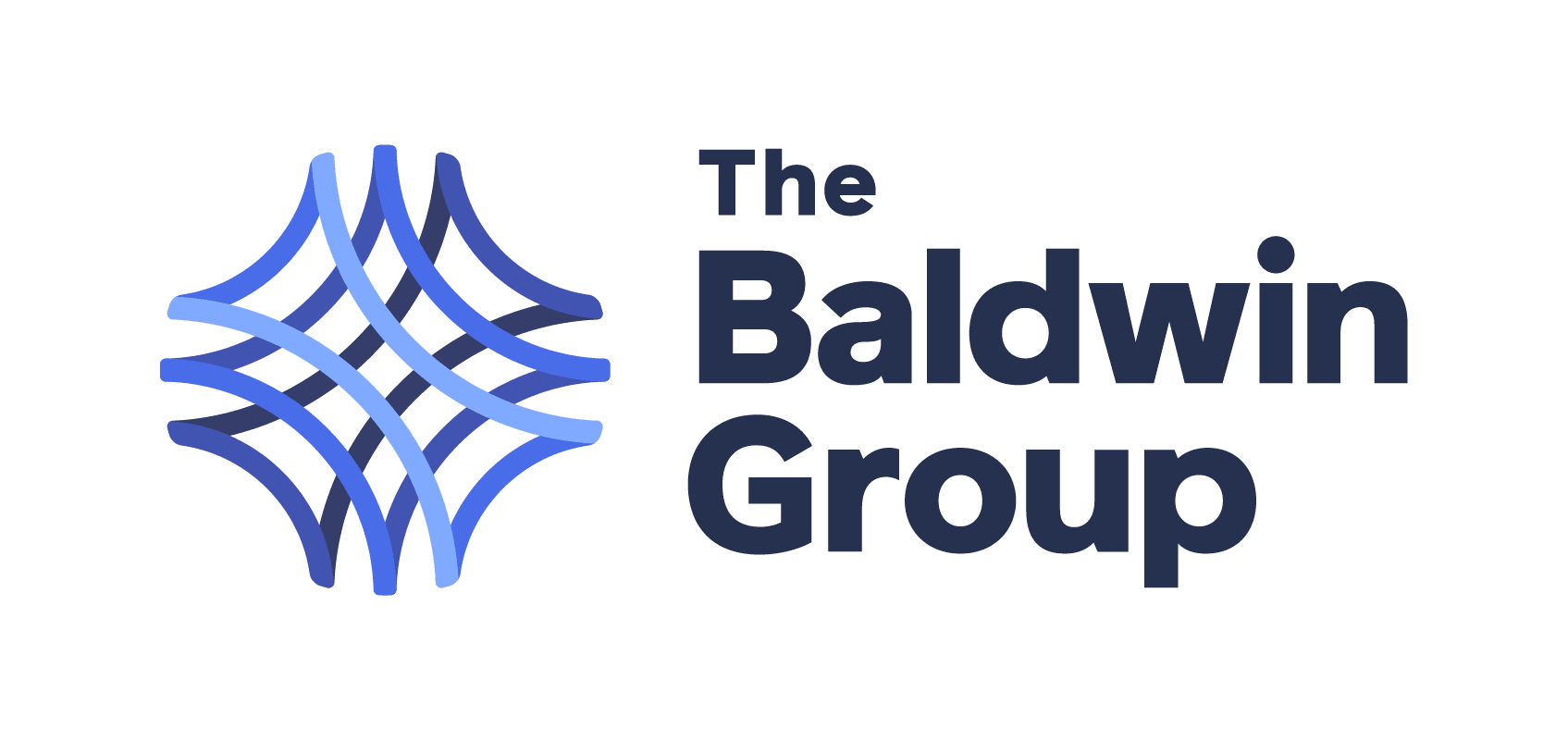Oct 06, 2023
Celebrating Hispanic Heritage Month: Robin Prendes
Robin Prendes serves as an AAC Athlete Representative for the USRowing Board. Robin was born in Cuba and grew up in Miami where he started rowing at age 13. Prendes first competed for the U.S. National Team as the 1x at 2006 Junior World Championships. He attended Princeton University, where he was a 2x national champion in the lightweight 8+ and was team captain his senior year. While at Princeton, he earned a bronze medal in the lightweight 4- at the 2010 U23 World Rowing Championships. In 2011, he was invited to the Oklahoma City High Performance Training Center. He went on to represent the United States at four World Rowing Championships from 2011 to 2016, and two Olympics games in 2012 and 2016 in the lightweight 4-. Robin has an MBA from Stanford Graduate School of Business. He is also an Athlete Representative at World Rowing.
What is your family background?
I was born in Matanzas, Cuba. My parents and grandparents are all Cuban. My great grandparents were from the Canary Islands in Spain.
How did you get into rowing?
I started rowing at 13. My family moved to a house near a lake. On a morning run, my dad saw some rowers out on the lake. He recognized rowing because the national rowing championships were a big event held in our hometown back in Varadero, Cuba every year. After returning from the run, my dad encouraged me to go check it out. It turned out the rowing club was started by a Peruvian doctor who wanted to teach his son and his friends how to row. It was just a couple of folks out of the doctor's backyard led by a former Cuban national team coach. They welcomed me to join for free, and the rest is history.
What motivates you to keep going when things get difficult?
When things get difficult, I focus on being thankful for my family and for the many opportunities that have been given to me throughout my life. My parents brought me to the U.S. from Cuba when I was six, because they saw no opportunities for me in Cuba. They lived through a socialist system that does not encourage or reward hard work. When we arrived in the U.S, we had nothing. The three of us lived in a one bedroom apartment in Little Havana in Miami.
When things get difficult, I think about the sacrifices my family made for me to come to this great country. I think about how many people around the world lack those opportunities and would give their lives to be in my shoes. I think about not taking things for granted and making the most of the amazing opportunities that I am fortunate to have. Finally, when things get difficult, I believe in a better future, in being able to make my own path, and in doing whatever I can to help others to have those same opportunities.
What is the most meaningful aspect of rowing to you?
There are so many, but I think the one I value the most is the development opportunity that it can give a young person. I think rowing made me a better person, and that's what I value most about the sport. I learned hard work, attention to detail, how to get along with others, how to execute under pressure, how to follow, how to lead, and how important it is to make others successful when your future depends on their success. Rowing also taught me how fun it is to win. I don't think many people get that opportunity early in life outside of sport.
The theme for Hispanic Heritage Month this year is Latinos: Driving Prosperity, Power, and Progress in America. How do we continue driving progress in rowing?
I volunteered to be an Athlete Representative and to be on the USRowing Board of Directors because I wanted more people to have a similar or better experience than I did with the sport. The rowing community welcomed me, a poor Cuban immigrant, and judged me on my hard work and results. My vision for rowing is to grow the sport, so that everyone who wants to be is welcomed into a community that rewards hard work, teamwork, passion, perseverance, and growth. Selfishly, I also think that the more people that row, the more competitive the U.S. will be internationally...and who doesn't want more U.S Olympic Gold medals?























